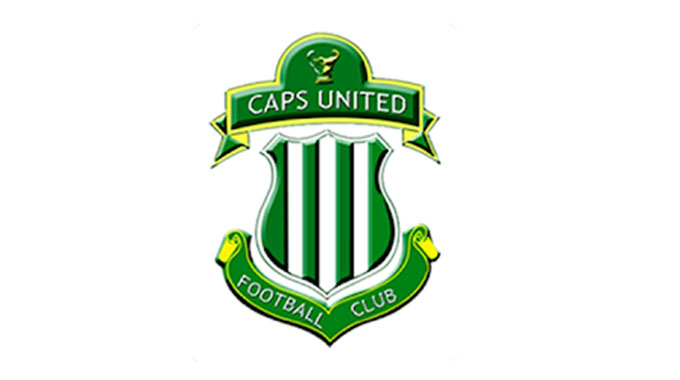Managing deceased estates that own shares in companies

Godknows Hofisi
Introduction
Many times it happens that at the time a person dies he or she owns shares in a company. At times the shares owned are quite significant. The deceased might be a major, the majority or sole shareholder especially for small to medium sized companies.
At times the owner of the shares might be involved in the management of the company. When the shareholder passes on the shares become part of his or her deceased estate.
As is required by law when the estate is registered with the Master of the High Court an estate administrator is appointed to administer the deceased estate including the shares in the company. Naturally the estate administrator may end up being interested in how the company is being run.
For a company in which the deceased was a major, majority or sole shareholder or was part of management there are some areas the estate administrator needs to pay attention to, namely:
- Management of the company to ensure the company continues as a going concern beyond the period of estate administration.
- Protecting the business from potentially prejudicial conduct by family members or fellow shareholders.
- Valuation of shares for estate and estate duty purposes.
Managing the company to ensure continuity as a going concern
This is very important so that the company does not die with its owner. The deceased owner, for owner managed companies, may have been part of the directors or even management of the company. His or her death will be like a whole library burnt. A serious vacuum will be created upon his or her demise with grave implications on the business. My view is that a proactive estate administrator may pursue some of the options explained below.
- Appoint a qualified and experienced corporate rescue practitioner, as an insolvency practitioner if there is an act of insolvency, or simply as a consultant to assist in managing the company during the period of estate administration.
- Cause reconstitution of the board of directors and management of the company.
Using a corporate rescue practitioner to manage the company
An experienced corporate rescue practitioner is most ideal. He or she is equipped to deal with some of the most difficult situations for companies in such situations. Some family members may even fight over shares, assets or control of the company.
If the company is jointly owned some of the surviving co-shareholders may engage in prejudicial conduct taking advantage that the deceased who had information or knowledge of the company is no longer there. Some of the challenges that may be faced by companies where a shareholder has died include:
- Lack of adequate working capital.
- Unpaid creditors, uncollected debtors.
- Asset stripping by family members or co-shareholders.
- Surviving shareholders may tamper with shareholding to their advantage.
- Feuds by family members who may not understand or respect the process of estate administration.
Some of the advantages of using a corporate rescue practitioner are that:
- Such a practitioner normally has the competencies required to deal with such difficult situations, including reviving struggling companies.
- Practitioners normally understand and respect the legal aspects involved and this helps to ensure compliance with the law.
- There are better chances of saving the company instead of the company collapsing during the period of estate administration.
Reconstituting the board of directors and management
This option involves the estate administrator using the powers bestowed upon him or her by the law and also shareholder rights. The option may involve causing the board of directors to be reconstituted by removing some members or adding some following the death of the shareholder.
If the deceased shareholder was a manager in the company it may require another person to be appointed. It helps if there was a succession plan otherwise an external person may have to be hired.
Protecting the business from prejudicial conduct by feuding members or other shareholders
Many times I have been called by desperate beneficiaries alleged stripping of assets, by fellow shareholders, of a company where their beloved one was a significant shareholder.
The laws on estate administration have provisions on how to protect estate assets.
However, where a business is involved an estate administrator with an appreciation of business will be quite useful to ensure there are adequate internal controls over the business, particularly around management of working capital and physical assets. The estate administrator may require the assistance of an insolvency practitioner with a finance background.
Valuation of shares
In the past I have written many articles on valuation of shares or businesses including valuation for estate and estate duty purposes. I am still of the view that a finance person with knowledge of valuation of shares or companies will be quite useful.
Conclusion
Corporate rescue practitioners may be useful in managing companies during the period of estate administration to protect the company and its assets.
Disclaimer
This simplified article is for general information purposes only and does not constitute the writer’s professional advice.
Godknows (GK) Hofisi, LLB(UNISA), B.Acc(UZ), CA(Z), MBA(EBS,UK) is a legal practitioner / conveyancer, chartered accountant, corporate rescue practitioner, registered tax accountant, consultant in deal structuring and business valuer. He is also a director with Investacare International (Private) Limited. He writes in his personal capacity. He can be contacted on +263 772 246 900 or [email protected]








Comments